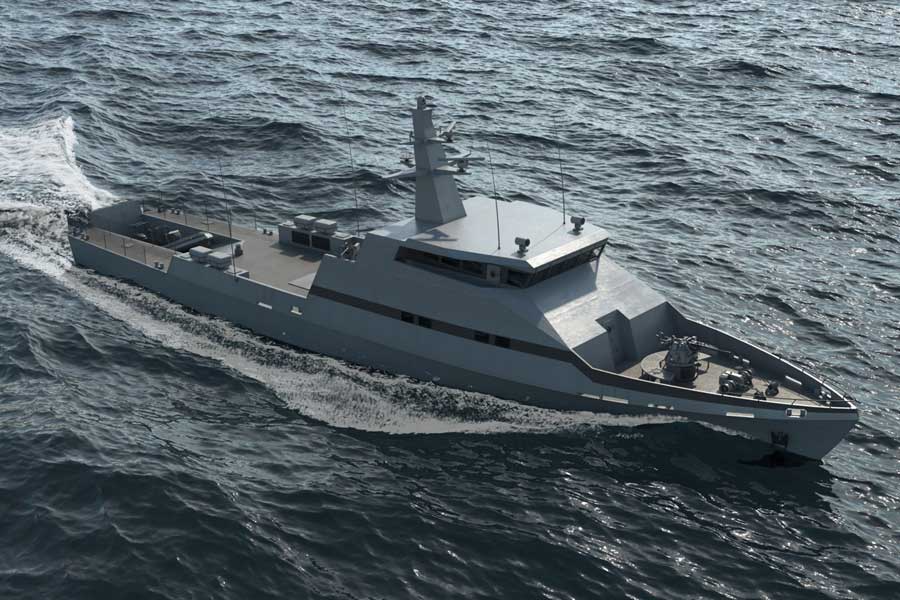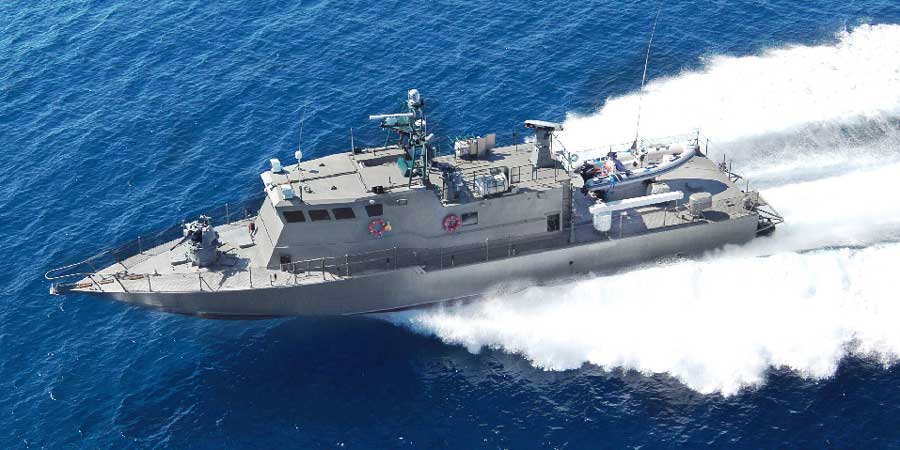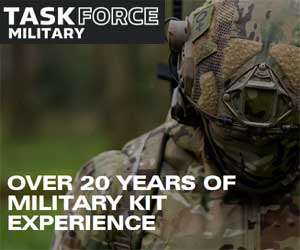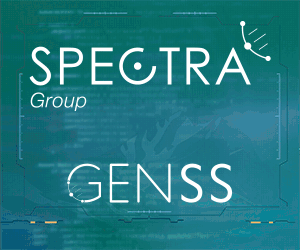Israel Shipyards presents, for the first time at IMDEC in Ghana, its flexible commercial options to meet the New Economic Reality.
~
Press Release, Haifa Bay, 30 June 2021: Israel Shipyards Ltd. – a leading shipbuilding and repair company in the Eastern Mediterranean serving naval and commercial marine markets – presents, for the first time at IMDEC, its flexible commercial options to meet the new economic reality. The solutions address the immediate needs of fleets around the world.
The company offers a wide range of solutions and services including Transfer of Technology ‒ after which local staff can independently carry out maintenance, repairs, and overhauls ‒ as well as budgetary flexibility for vessel acquisition, and service packages that meet each customer’s needs, capabilities, and infrastructure.
Budgetary Assistance for Purchase or Leasing of Vessels. Israel Shipyards offers tailor-made, convenient financing and credit options extending for years after vessel delivery ‒ enabling the acquisition or long-term leasing of vessels, even with limited resources. Flexible terms include leasing with options to purchase or return the vessel, and trade-ins of older vessels made as partial payment for new vessels.
Ongoing After-Sales Support. Maintaining a close relationship with its customers, Israel Shipyards provides ongoing training, maintenance, repair, renovation, upgrades, etc. Operational Training before and after delivery covers vessel capabilities and operation. An Extended Warranty Program expands maintenance, upgrades of vessel hull and systems, and spare parts. Unique Long-Term Maintenance and Training Programs ensure that timely assistance is always available, no matter when the sale was made.
Eitan Zucker, CEO of Israel Shipyards, said, “Addressing the needs of fleets around the world in the protection of maritime borders is our main goal ‒ from supplying vessels and maintenance services to training crews to independently maintain and upgrade vessels. Reflecting on the new reality, we understood the difficulty of countries with limited budgets to secure their maritime borders. In response, we developed a variety of unique options for vessel acquisition to assist them in the current situation.”





















